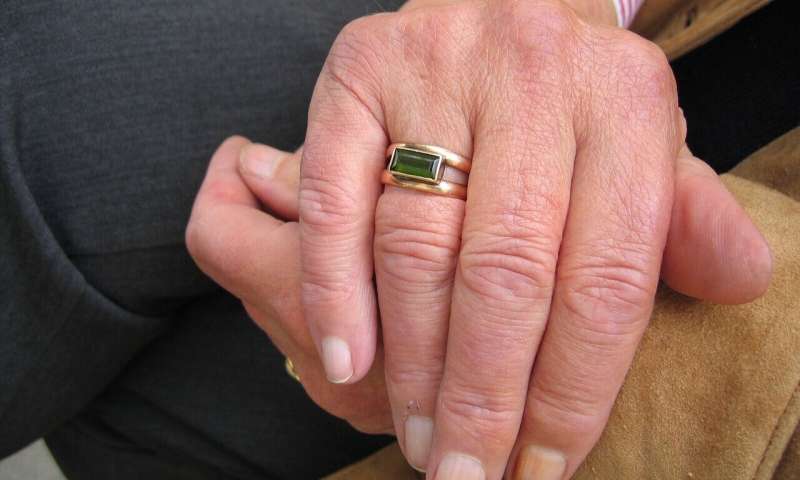How specialist palliative care services around the world coped in response to COVID-19

Specialist palliative care services have been flexible, highly adaptive and have embraced a low-cost “frugal innovation” model in response to the COVID-19 pandemic say researchers.
The CovPall study, published in Palliative Medicine, is a collaborative project between Lancaster University, Cicely Saunders Institute at King’s College London, Hull York Medical School and the University of York.
It aims to understand the multinational specialist palliative care response to COVID-19 through an online survey of more than 450 hospice and specialist palliative care providers throughout the world.
Lesley Dunleavy, Professor Catherine Walshe and Professor Nancy Preston from the International Observatory on End of Life care at Lancaster University led on mapping and analyzing the types of innovations and practice changes made by specialist palliative care services in response to the pandemic.
Examples included:
- creating a single point of access for patients, family carers and health care professionals,
- using communication technology to provide clinical care
- developing COVID-19 symptom control guidelines and providing training in end of life care.
Services reported a number of challenges and concerns when responding to the pandemic that included working within a climate of heightened fear and anxiety, a lack of IT infrastructure, how to sustain out of hours cover without adequate funding and how to keep abreast of the ever-changing situation. There was evidence that services sometimes duplicated guideline and policy development.
The study highlighted that specialist palliative care services need better financial support but also need to build organizational resilience and drive forward innovation through greater collaboration to manage the impact of the COVID 19 pandemic or any future crisis.
Source: Read Full Article


